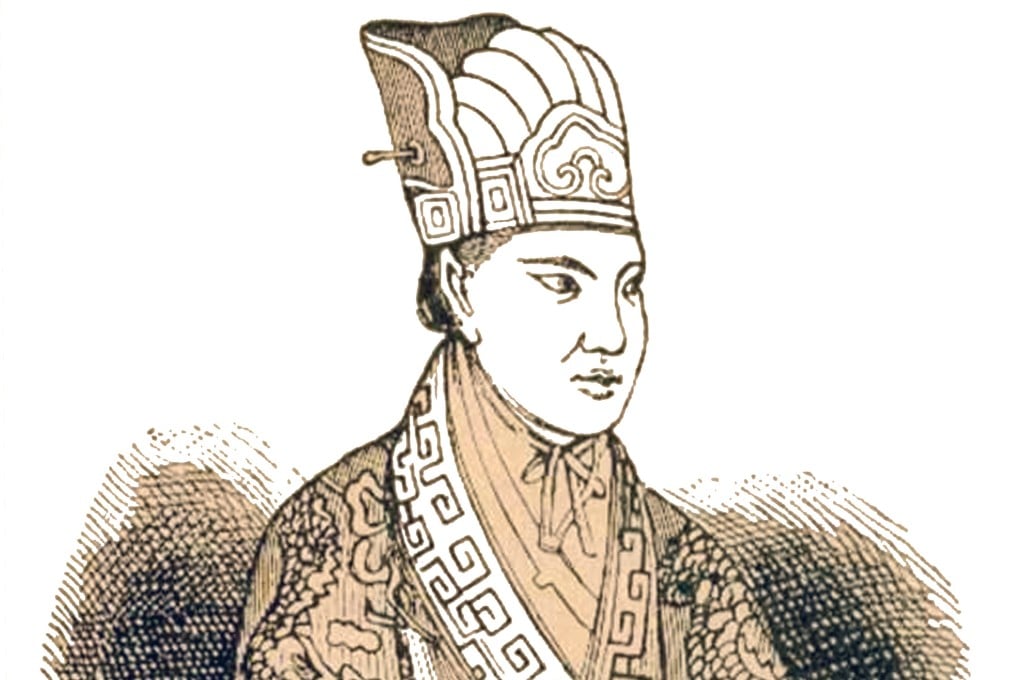Reflections | The man calling himself Jesus’ younger brother whose Taiping Rebellion doomed Qing dynasty
- Religious movements often spring up. In Malaysia, followers of the Teacher worship the Creator. One such movement saw 20 million Chinese die

Recently, on the sad occasion of the death of a friend’s father, I came across the Baitiangong Universal Spiritual Movement, a new religious movement with members in Malaysia and Singapore.
Baitiangong, literally “worshipping the Lord of Heaven” in Mandarin, was founded by Chew Choon Ming (1936-2000) almost 50 years ago in Malaysia.
After receiving a series of visions in February 1976, Chew, whom followers address as Xian Sheng (“Teacher”), began preaching a syncretic belief system, whose adherents worship a single deity, whom they call Tiangong or the Creator, and engage in spiritual cultivation through meditation and the way they conduct their lives.
Baitiangong attracted a group of followers in Malaysia, one of whom was my friend’s late father. Although I couldn’t be present, the scant details I have of the unfamiliar procedures conducted at his wake and funeral intrigued me.

A few months later, I asked my friend, who told me that he and his family had been members of the Baitiangong community since the 1980s, though he himself is non-practising.

